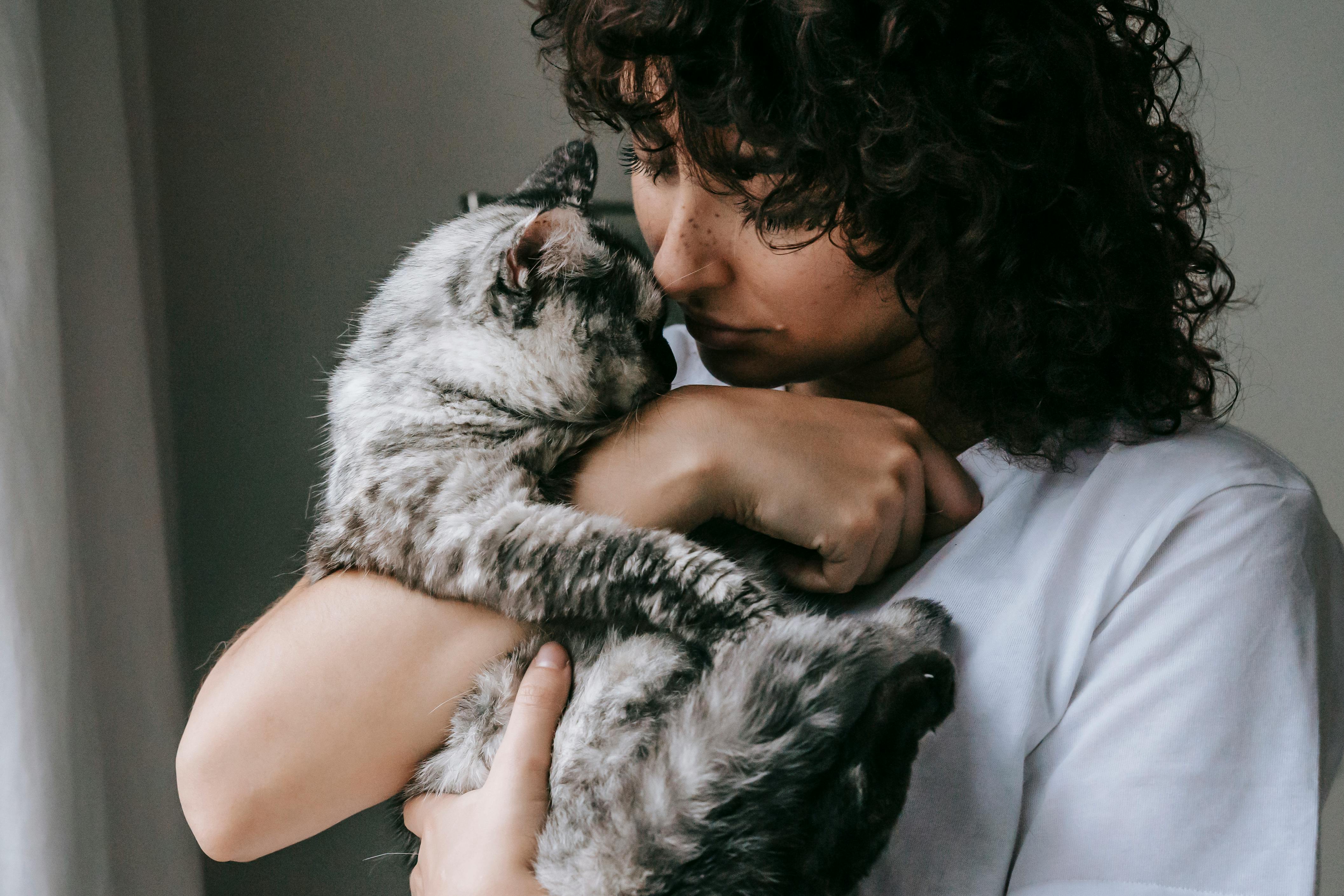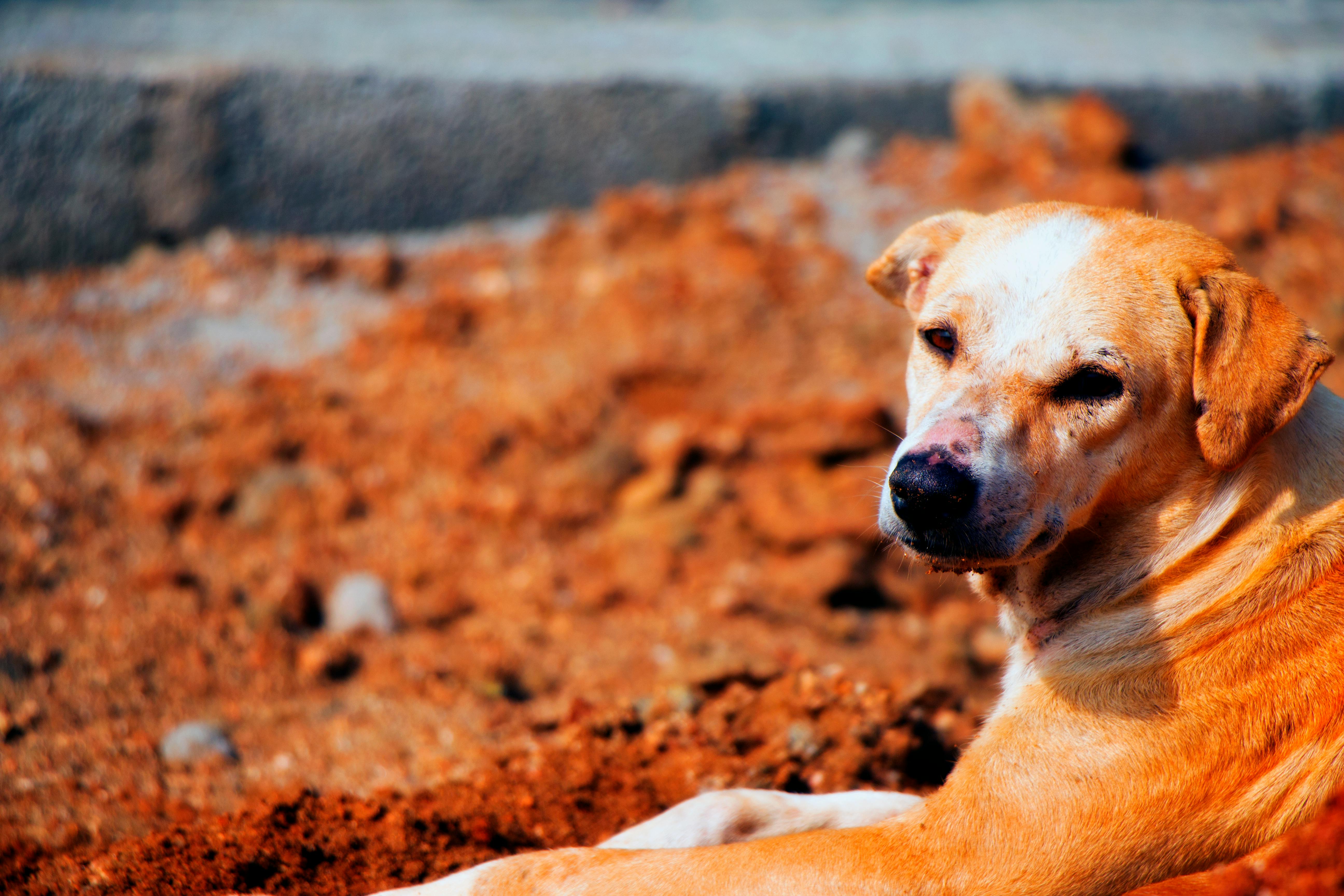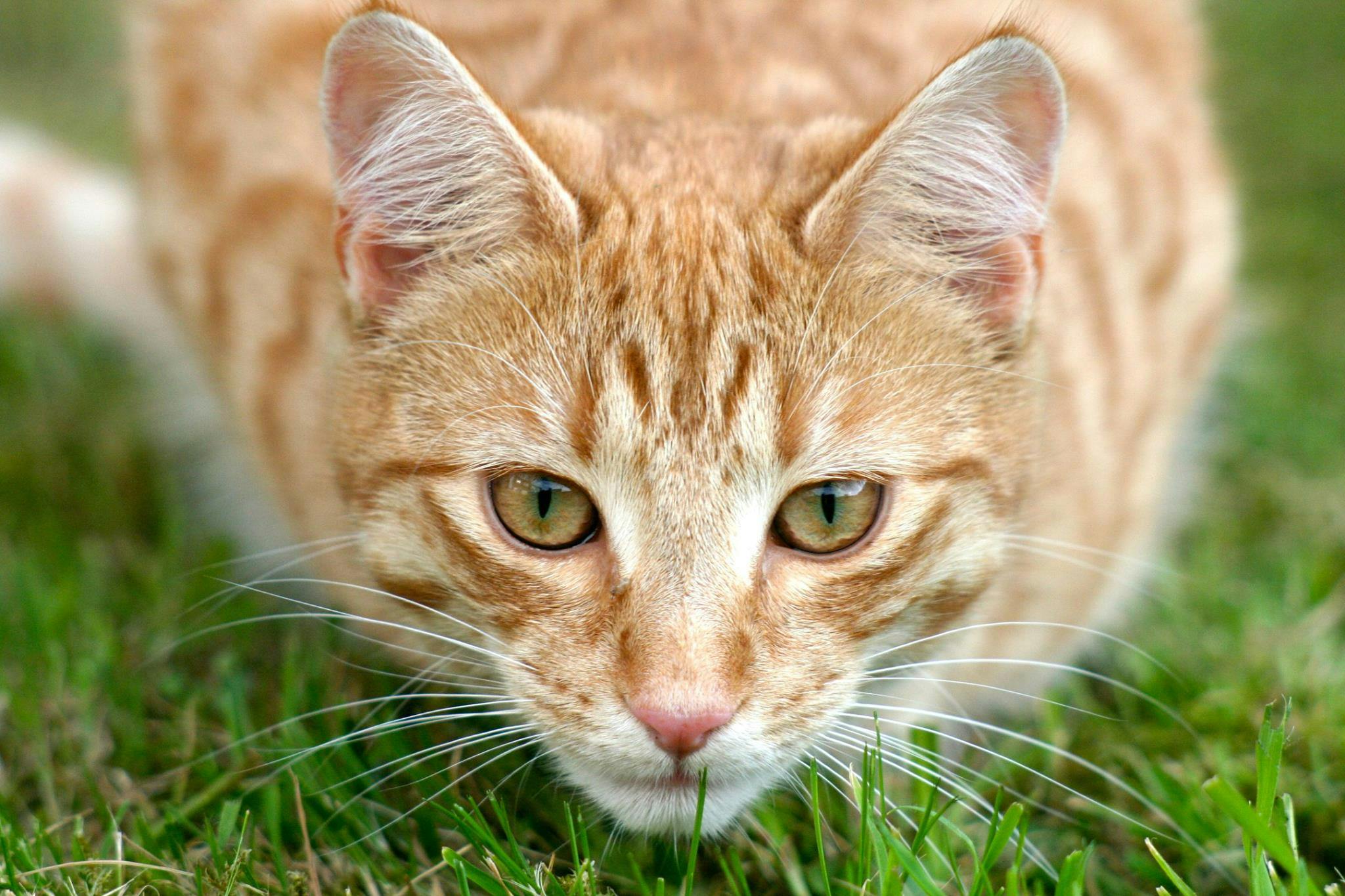Useful information about pets chinchillas
The chinchilla is a sweet pet and belongs to the family of mammals and also to rodents. The chinchilla family is known as Chinchillidae. They are similar to rabbits in size and stand around 12 inches or 30 cm in height and weigh around 1.3 to 4 pounds. Chinchilla females are generally larger than males. If they are kept as pets they will live from 10 to 20 years and in the wild they will only live up to 15 years, maximum.
Chinchillas temperament:
Since chinchillas are nocturnal animals, they spend most of the day sleeping and sleeping. In case something interesting happens, these pets can be really active even during the day. Since they sleep during the day, you must protect them from disturbances and noise. The excellent time to play with them is at night. They may be in the mood to play with you in the late afternoon. They are, surely, mischievous and intelligent by nature.
These pets have social behavior that requires the owner to give them maximum attention and affection. When you initially buy your chin, your pet will probably be shy and timid. Therefore, you will have to spend high-quality time with your pet. His behavior cannot be interpreted. Once you have succeeded in gaining their trust, chinchillas will definitely jump on your shoulders and hands. Always give them something to chew on to keep their teeth filed down. The only goal is to keep them busy. Therefore, you can put new, clean cardboard in the cages. Use both hands to support him, supporting him from the back of his legs with one hand and supporting him with the other hand towards the back of his front legs.
Chinchillas love consistency in their lives, so they won’t appreciate being moved or disturbed where they live. They are intelligent and have a long memory. This means that if someone has scared them, they will remember that person forever. While training them, you can reward them with a treat and they will tend to behave the same way. Also, they can bite you if you threaten them. Since these pets don’t like to be cuddled too much, they may not make good pets for children.
Health problems:
The chinchilla is very prone to overgrown and uneven teeth, seizures, heat stroke, constipation, diarrhea, fungal infections, spurs, and hair biting. Therefore, it is on your part to take them to the vets for regular checkups.
Cleaning chinchilla cages:
You should clean the cage tray at least once a week. If you have two or more chins in a cage, you will need to clean the tray more often. You can use newspaper and wood shavings instead of removable trays. Keep their barbels elsewhere while you clean their cage. To absorb the smell of their urine, you can sprinkle baking soda lightly across the cage.



